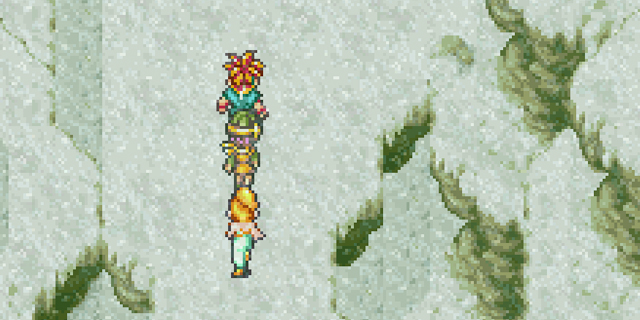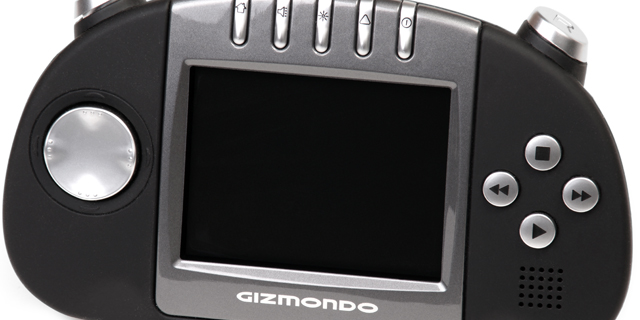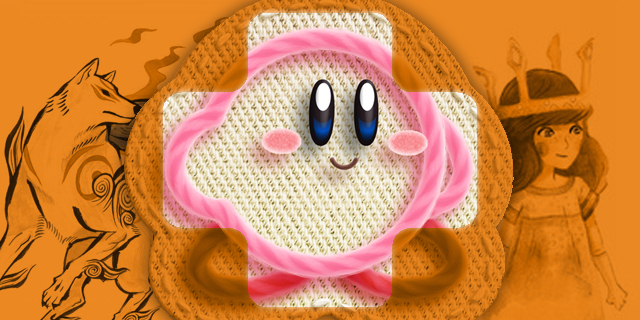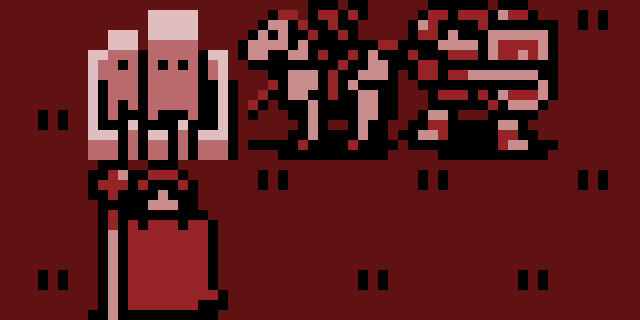
It was during a blisteringly hot, humid summer night that an image of snow brought a smile to my face. I was sitting in my sauna-like apartment, trying not to sweat through my thin layers of clothing (and failing) when I came upon a thread on the Internet about video games. This is not uncommon; seeing a comment thread about video games on the Internet is like walking outside and seeing other buildings. I was about to go to sleep when I saw a comment that I couldn’t shake.
It was about Chrono Trigger. Of course it was. It’s no secret that it’s my favorite game ever, but the comment I read could apply to any game in which the player has a connection to the characters they’re controlling. READ MORE

Gaming hardware history can arguably be broken down into three distinct categories. First, we have the victors, the ones that rose above the competition to become timeless titans that will remain fondly in gamers’ memories. These are your NESs, PlayStations or 2600s, the ones that many retro aficionados keep plugged into their TVs at all times. Next, we have the forgotten. These systems simply never were able to stand up to the others, and were just swept away by the tides of time, leaving almost no impact on the market. These are your SuperGrafxes, and Atari XEGSes. There’s nothing to show for their existence; they were hardly even a blip on the radar. Finally, we have likely the most interesting category, the infamous. READ MORE

The rise in popularity of games like Dark Souls and indie titles such as 1001 Spikes seems to indicate people love challenging games. Yeah, I know, I’m stating the obvious here. To me, these games represent a challenge that requires more patience than I will ever have, but there’s more to it than that; I do like Spelunky a ton, after all. It’s more about coming to realize that challenge doesn’t matter to me. A game’s difficulty, specifically if it is considered “too easy,” might appeal to me more than your average Dark Souls player, for example.
It’s not that I seek out “easy” games or even actively avoid any titles celebrated for their high difficulty. Simply put, I find more value in titles for what they try to accomplish, not how difficult it is to accomplish it.
READ MORE

In From Pixels to Polygons, we examine classic game franchises that have survived the long transition from the 8- or 16-bit era to the current console generation. This time, Graham Russell and Andrew Passafiume look at Intelligent Systems’ strategy-RPG series, Fire Emblem.
The evolution of the Fire Emblem series has largely been from capability to intention. On the surface, the formula hasn’t changed much; you’re still moving units around top-down square grids and pitting them in menu-based combat. Once you dig below the surface, though, you’ll see that the series has become increasingly defined by how and when it chooses not to progress. READ MORE

Everyone does Top 10 Games lists. The problem with those? Usually, they’re full of games that earn a place because of nostalgia or industry significance. Here at Snackbar Games, we like being a little more practical: if you’re looking to just have fun, what games should you pick up and play today? This time, we remember the days before Steam with a look at pre-2004 PC titles.
System Shock 2
Can a game made 15 years ago still be scary? Yes, very much so. System Shock 2 is still just as terrifying and sinister as it was when it first released back in 1999. Best of all, the gameplay holds up surprisingly well, providing you with a tense shooter that may surprise in more ways than you might expect. If you’re curious about the predecessor to BioShock or just want to check out an exciting shooter from a team that made them best, you won’t be disappointed. – Andrew Passafiume
READ MORE
























